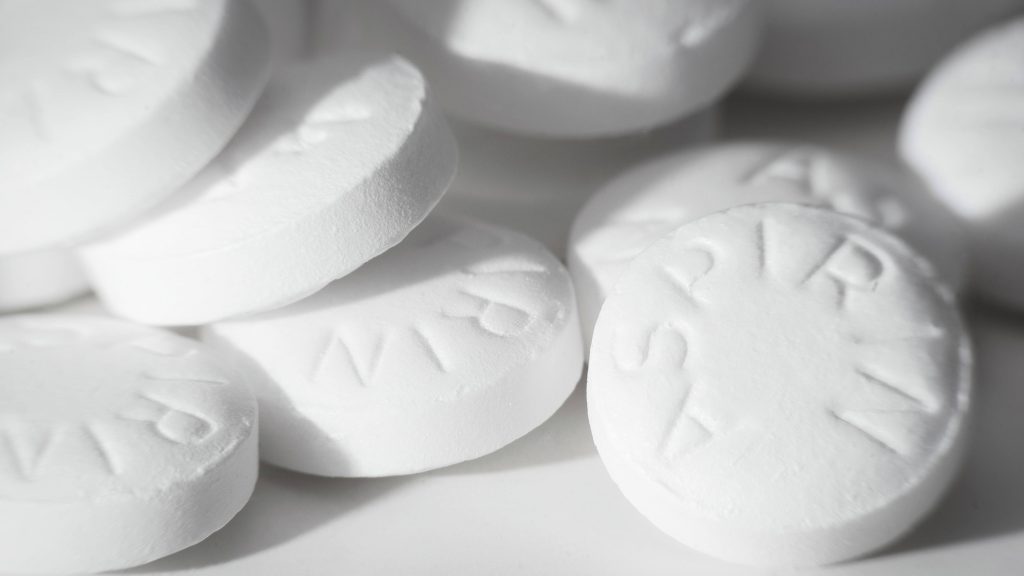
The U.S. Preventive Services Task Force has issued a final recommendation on the use of aspirin in cardiovascular disease prevention. This makes it a good time to talk with your health care team about your course of treatment.
"Evidence is pointing to the fact that we're not seeing a benefit from using low-dose aspirin for reducing risk in patients who don't already have cardiovascular disease," says Dr. Demilade Adedinsewo, a Mayo Clinic cardiologist. "Further, the evidence has been pointing toward increased bleeding risk in older patients, specifically those older than 60 who take low-dose aspirin for primary prevention."
Based on research, Dr. Adedinsewo says that the task force's updated recommendation revises its previous recommendation on who should take aspirin to prevent heart disease, namely people who do not have a history of heart disease.
Dr. Adedinsewo says these are the recommendations for aspirin use:
- Patients, particularly those over 60, with no history of cardiovascular disease and who have not started a low-dose aspirin regimen for heart disease or stroke prevention, should not begin taking a low-dose aspirin without first consulting their health care team.
- Patients with documented cardiovascular disease, as well as those who have artificial heart valves or stents in their arteries, should continue their aspirin regimen, as prescribed by their health care professional. If patients are unsure if they have heart disease, they should discuss whether taking low-dose aspirin is appropriate.
Journalists: Broadcast-quality video sound bites with Dr. Adedinsewo are in the downloads at the end of this post. Please courtesy: "Demilade Adedinsewo, M.D. / Cardiovascular Disease/ Mayo Clinic"
Dr. Adedinsewo says the U.S. Preventive Services Task Force's guidance specifies low-dose aspirin should not be administered for primary prevention of atherosclerotic cardiovascular disease among adults 60 or older, or at any age if patients are believed to have an increased bleeding risk. Moreover, while low-dose aspirin might be considered in select, higher-risk adults 40–59, the decision to use aspirin for primary prevention of cardiovascular disease needs to be evaluated on a case-by-case basis.
"In the cardiovascular world, we've known that statins have a stronger cardiovascular benefit for primary prevention than low-dose aspirin, especially in the last three to four years with the release of three very large aspirin trial results," says Dr. Adedinsewo. "These research studies drive home the point that the benefits from low-dose aspirin were minimal to none and came at the cost of high bleeding risk."
The recommendations are based on new evidence that has been published since previous guidance was last issued in 2016. Dr. Adedinsewo says it is not unusual for guidelines to change. "Everything that we do in medicine is evidence-based, so if there are more contemporary studies, more contemporary research that provides additional, stronger evidence, the guidelines tend to move as such."
In its recommendation, the U.S. Preventive Services Task Force also calls for more research on the use of aspirin to prevent colorectal cancer.
__________________________________
For the safety of its patients, staff and visitors, Mayo Clinic has strict masking policies in place. Anyone shown without a mask was recorded prior to COVID-19 or recorded in an area not designated for patient care, where social distancing and other safety protocols were followed.
For more information and all your COVID-19 coverage, go to the Mayo Clinic News Network and mayoclinic.org.







